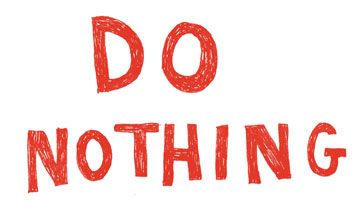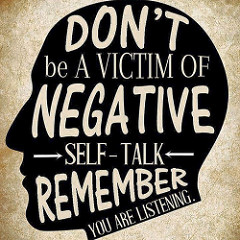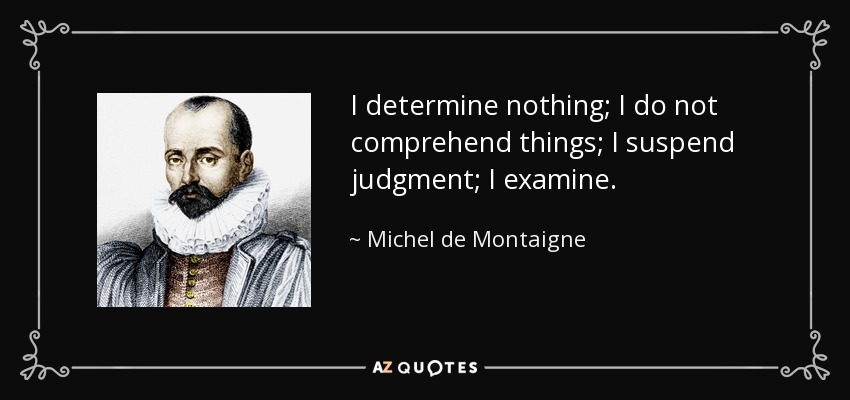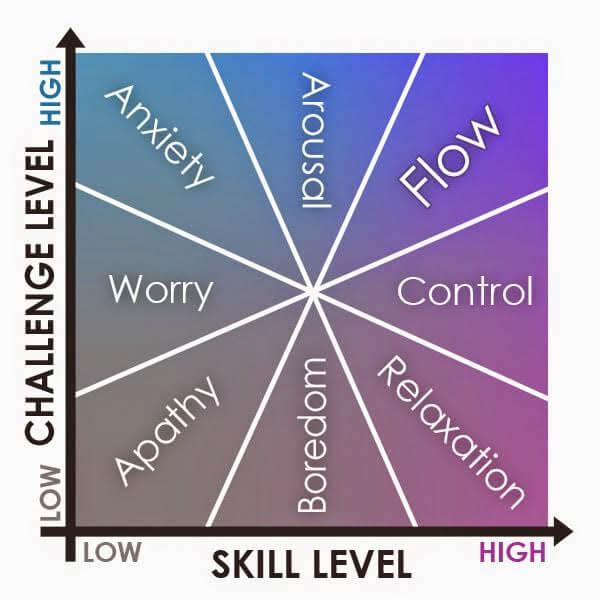...plus c'est la même chose.
This epigram is attributed to Jean-Baptiste Alphonse Karr, a former teacher who became editor of Le Figaro in 1839, and is usually translated as "the more things change, the more they stay the same".

A classic example is New Year's Resolutions: we will eat less, do more exercise, assert ourselves more, get that new job/partner/hobby... EVERY YEAR these appear on our lists!
But what is change?
Change can be triggered by the awareness of some dissatisfaction, resulting in the perception of need, responded to with action.

The Cycle of Change model suggests that we can fulfil our needs by engaging in a full cycle of contact with the world – moving from a state of arousal, to awareness, to motivation, action, full contact and finally a state of withdrawal and rest.
Is it a change in behaviour? In status? In looks? In emotions? In relationships? In thinking patterns?
All of the above? Some of the above? Does it ever end? (Hint: the diagram is a circle, not a line!).
The philosopher Heraclitus was most famous for his insistence on ever-present change, or flux or becoming, as the characteristic feature of the world, as stated in the famous saying, "No man ever steps in the same river twice" as well as "Panta rhei", everything flows.

Change is, therefore, intrinsic to the state of the world, due to the inevitable passing of time.
Unique to the human condition, however, what stays the same is our eternal state of change seeking: unaware or excessively aware of this state of ever-changing and passing of time, we look for ways to make changes that are tangible and visible.
The language we use to describe this state matters: striving, ambition, quest, growth trigger responses that will differ from words such as dissatisfaction, incompleteness, anguish, need.
Change can be a waltz, where we enjoy dancing around in circles.

Change can be like fishing: we relish the wait as much as the catch, and perhaps once we catch the fish we release it back into the water because we don't need it.
Change can also be like running from a hungry shark: necessary for our survival.

Knowing the difference between action and reaction, recognising whether it is simply neophilia (the desire for something new) guiding our desire for extra change or whether it is the circumstances that make the lack of change a danger to our health, can inform our actions, feelings, motivation, sense of urgency.
Using the appropriate language to make these distinctions and describe the type of change we are currently seeking might also help.
Change is in our nature, and how we change is in our hands.








